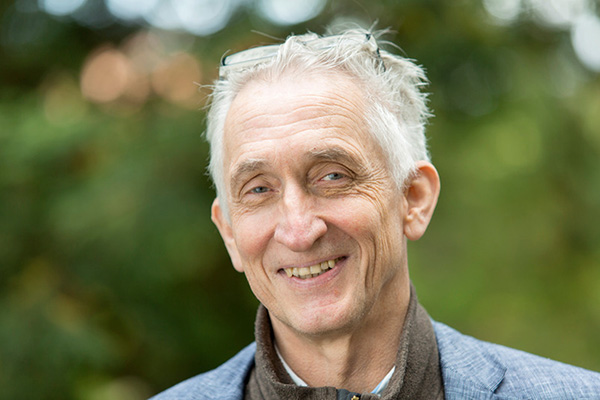The Faculty of Educational Sciences has three doctoral education subjects: education, didactics and sociology of education, and a number of research groups. One of these is the PS group, where the acronym stands for pedagogics and special education. But it also has a more metaphorical meaning because special education, like a postscript to a letter, can change the entire meaning of what it is a postscript for. More concretely, it is our view that the way special education is designed has major consequences for the whole of education.
In the past, special education has been largely a side-line activity to ordinary education. However, with the Salamanca Declaration of 1994, the idea of inclusive education became more widely accepted internationally. The idea was that students who thus far were seen as not fitting into ordinary schools would now have more access to ordinary school than before. Really radical advocates for this idea felt that schools must fundamentally change so that they could adapt to pupils with different capabilities.
Internationally, the concept of ‘inclusion’ has increasingly replaced ‘special needs’ in the research. There has been much debate about what inclusion actually means and how it can be achieved. We have been able to have leading researchers in this area as guests in our seminar series in order to discuss these and related issues.
Many people have probably experienced the phenomenon of surprising themselves by saying something that they were not aware of having thought of. In this case, we did things without really thinking of them through beforehand. It was a step-by-step path to insight. One factor was probably that the pandemic forced us to hold seminars via Zoom. From this, we thought: why not invite Lani Florian to a seminar via Zoom on “Evidence for inclusion”? No sooner said than done, and a very interesting seminar it was with around 60 participants. And then, what about inviting Roger Slee? And so it went on.
At this point, it struck us that it was entirely possible to start a permanent seminar series where we could invite researchers who have been the leaders in this field. The series consists of two seminars per semester, is widely advertised and we hope to get many attendees. The seminar series is sustainable in two respects. Firstly, a large number of flights are avoided and secondly, inclusion in itself is an idea for making society more sustainable.
In the field of education, internationalisation has to a large extent been about importing, in particular in terms of theories. Theories developed in other societies are imported and applied to Swedish conditions. But we feel that it is high time that Swedish researchers contribute their expertise in theory development in the international arena and at the cutting edge of research. We believe that a series of seminars of this kind will increase our opportunities to do so.
Claes Nilholm
Professor in Education specialising in special education
